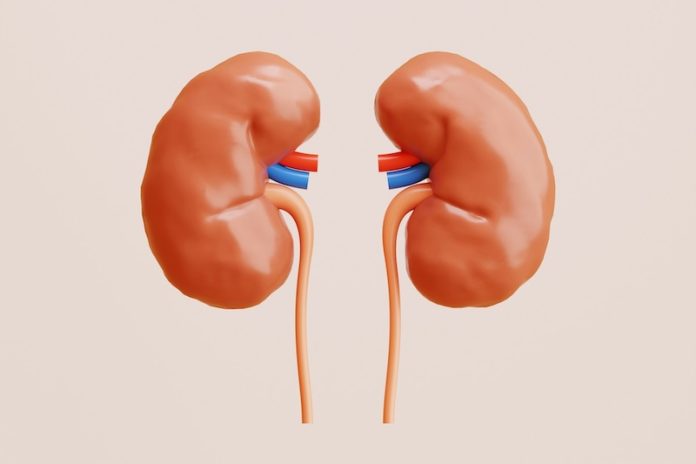
Kidney disease is a growing health concern, especially for older adults. As people age, their kidneys naturally lose some function. This means seniors are more likely to develop chronic kidney disease (CKD), a long-term condition that often goes unnoticed until it’s quite advanced.
Because the symptoms can be mild or mistaken for normal aging, CKD can quietly progress and cause serious health problems if not caught early.
The kidneys play a crucial role in the body. They filter waste and extra fluids from the blood, help control blood pressure, and produce hormones that support bone and red blood cell health. When the kidneys are damaged, they can’t do these jobs well. Waste starts to build up in the body, leading to a range of health issues.
It’s normal for kidney function to slowly decline with age. However, this decline can be made worse by health conditions such as high blood pressure and diabetes, which are common in older adults. These conditions damage the small blood vessels in the kidneys, making it harder for them to filter waste properly.
The signs of CKD can be easy to miss, especially in the early stages. Many people think the symptoms are just part of getting older. But paying attention to the following changes can help catch kidney disease early:
Changes in urination: This could mean going more often, especially at night, or noticing foamy, bubbly, or bloody urine. Some people may produce less urine than usual, even when drinking enough fluids.
Swelling (edema): When kidneys can’t remove extra fluid, it can build up in the legs, ankles, feet, hands, or face. This swelling can be uncomfortable and may come and go.
Fatigue and weakness: Damaged kidneys may not make enough of a hormone that helps the body produce red blood cells. Without enough red blood cells, less oxygen is delivered to the body, causing tiredness and weakness—this is called anemia.
Sleep problems: Waste buildup in the blood can make it hard to fall or stay asleep. Conditions like restless leg syndrome or sleep apnea are also more common in people with kidney problems.
Nausea or vomiting: As waste products build up, they can upset the stomach. People may feel sick often or have a hard time keeping food down.
Loss of appetite: Kidney disease can change how food tastes or make eating unpleasant. As a result, people might eat less and lose weight without trying.
Confusion or trouble thinking: In more advanced stages, kidney disease can affect brain function. Seniors may seem more forgetful, confused, or show personality changes—symptoms that might be wrongly blamed on aging or dementia.
Dry, itchy skin: The kidneys help balance minerals in the blood. When they don’t work properly, it can lead to itchy, irritated skin, especially in later stages of the disease.
Because these signs can be vague or overlap with other conditions, regular check-ups are essential—especially for older adults. Simple blood and urine tests can check how well the kidneys are working. If problems are found early, steps can be taken to slow or even stop the damage from getting worse.
Treatments might include lifestyle changes such as eating healthier, reducing salt, staying active, and controlling blood pressure and blood sugar. In some cases, medications can help support kidney function or treat the symptoms of CKD.
Kidney disease can be hard to recognize, but early detection can make a big difference. Knowing what to look for—like changes in urination, swelling, fatigue, or appetite loss—can help older adults and their caregivers take action sooner.
If you or someone you care for shows any of these signs, don’t ignore them. Talk to a doctor about testing for kidney health. With the right care and attention, it’s possible to manage CKD and maintain a good quality of life well into old age.
If you care about kidney health, please read studies about pesticide linked to chronic kidney disease, and this drug may prevent kidney failure in people with diabetes.
For more health information, please see recent studies about drug duo that may treat kidney failure, and results showing these vegetables may protect against kidney damage.
Copyright © 2025 Knowridge Science Report. All rights reserved.



